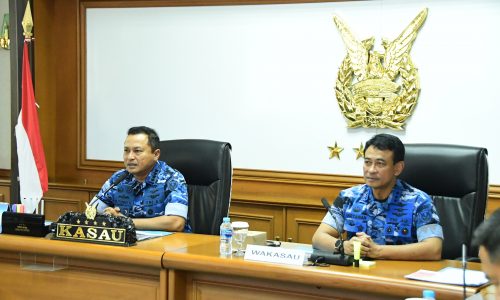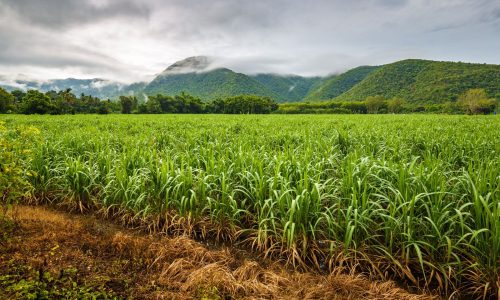State energy company PT Pertamina is set to introduce Sustainable Aviation Fuel (SAF) derived from used cooking oil (UCO), marking a milestone in renewable energy and aviation sustainability.
The SAF will be produced using Hydroprocessed Esters and Fatty Acids (HEFA), a method that converts UCO into aviation fuel compatible with existing infrastructure.
Oki Muraza, Senior Vice President of Research & Technology Innovation at Pertamina, said the commercial rollout of SAF is targeted for the first quarter of 2024.
“SAF will be tested in a joy flight using Pelita Air, a subsidiary of Pertamina Group,” he said in a media statement released on Monday, November 18, 2024.
Pertamina’s SAF initiative begins with collecting UCO from households, restaurants, and food processing industries. Indonesia has the potential to gather up to 1.24 million kiloliters of UCO annually.
However, Oki noted challenges in the process, particularly the lack of public awareness regarding UCO collection mechanisms and the dispersed nature of sources.
Pre-market launch
Riva Siahaan, CEO of Pertamina’s commercial and trading subholding PT Pertamina Patra Niaga, said that a pre-marketing program has already started in Bali. During the Bali Air Show in September 2024, the SAF reduced emissions by 84 percent for participating airlines.
To scale up production, Pertamina aims to increase UCO collection from 0.3 million tons in 2023 to 1.5 million tons by 2030.
“The success of SAF depends on technology, supportive regulations, government incentives, and collaboration between public and private sectors,” Riva said on Monday, November 18, 2024.
Regulatory framework
The Ministry of National Development Planning/the National Development Planning Board (Bappenas) is currently drafting regulations to support SAF development.
According to Nizhar Marizi, Director of Energy, Mineral, and Mining Resources at the Ministry of National Development Planning, these regulations will address key challenges such as UCO export quotas, tariffs, and collection management.
“Effective regulations are crucial to ensure the quality and quantity of UCO as a reliable feedstock for SAF production,” Nizhar stated, on Monday, November 18, 2024.
This initiative reflects Indonesia’s commitment to reducing aviation emissions and fostering sustainable energy practices, paving the way for greater innovation in renewable energy.









